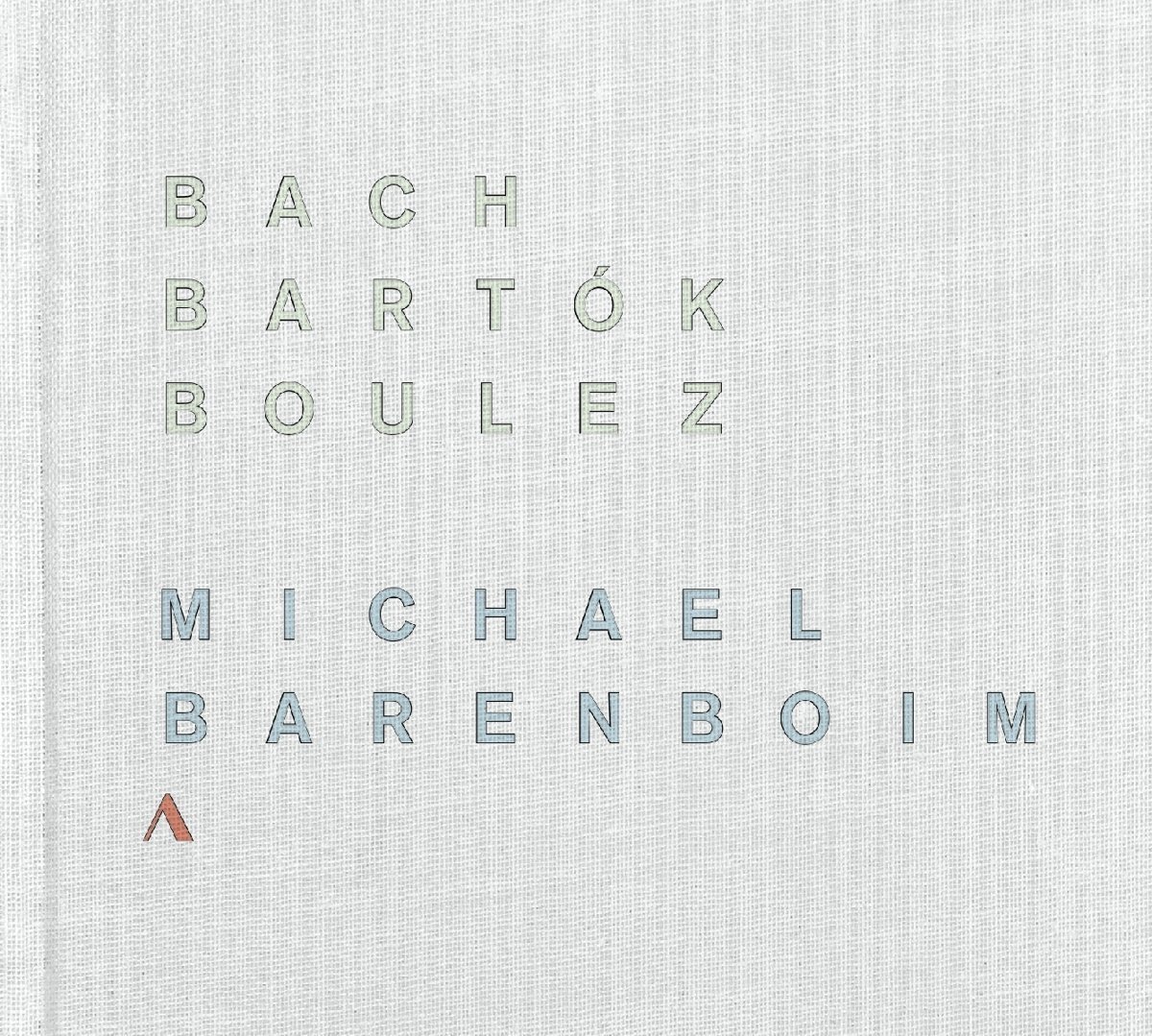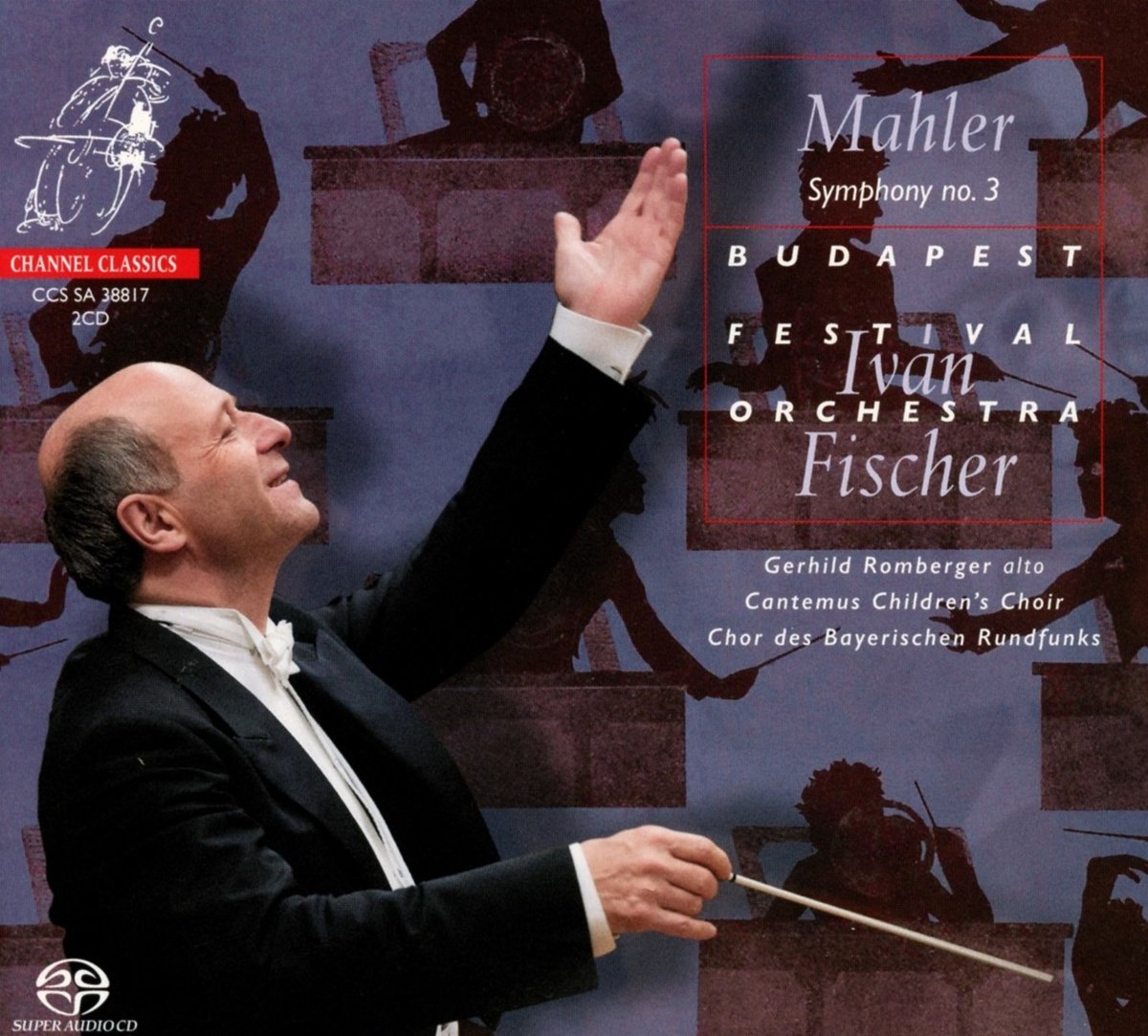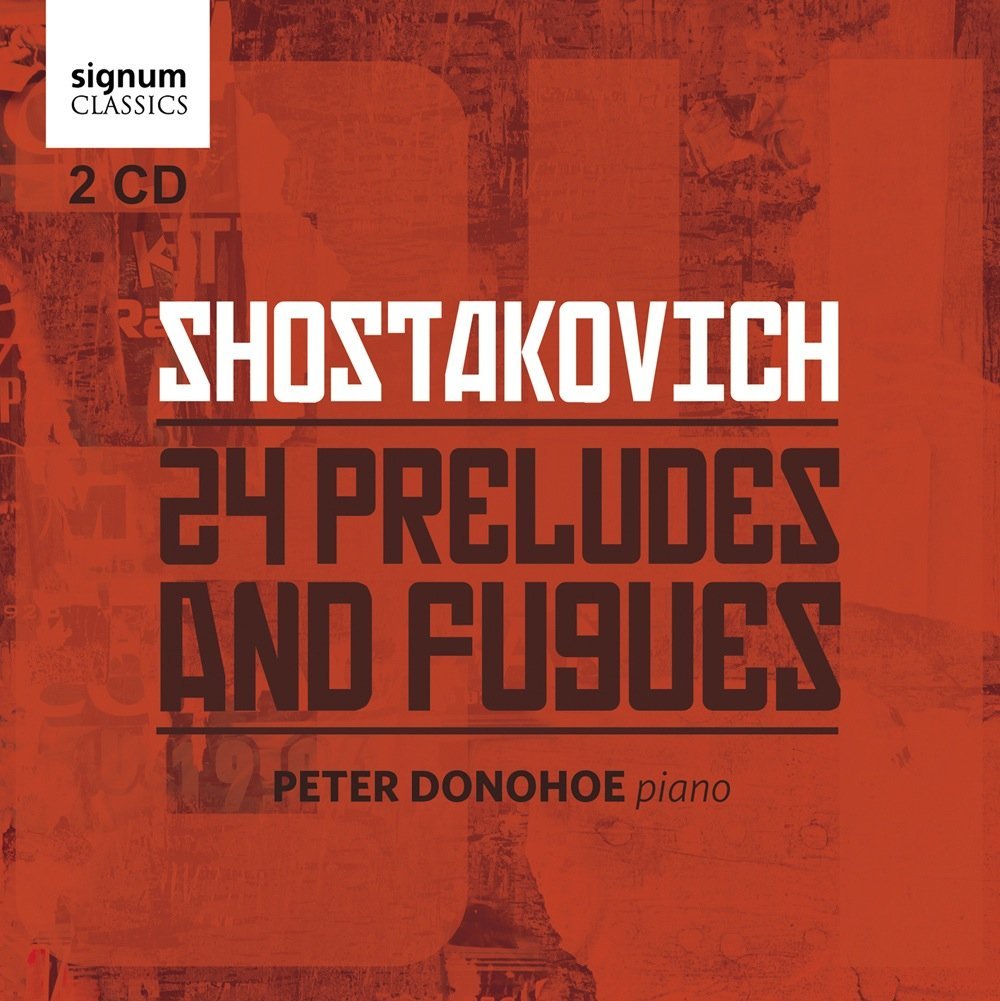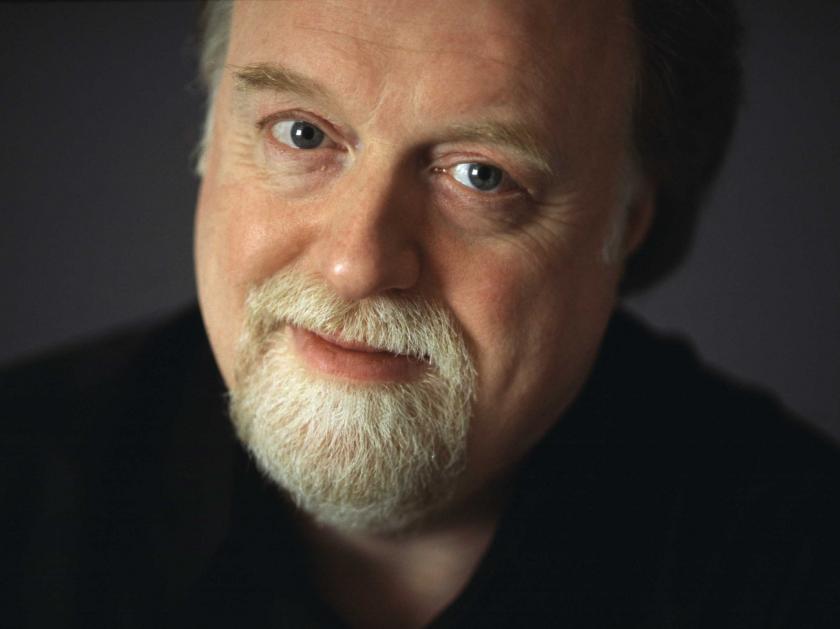 Bach, Bartók, Boulez Michael Barenboim (violin) (Accentus)
Bach, Bartók, Boulez Michael Barenboim (violin) (Accentus)
Michael Barenboim’s disc consists solely of pieces by composers whose names begin with B, but it’s effectively an A-Z of solo violin technique, as well as a demonstration of his winning versatility. Bach’s C major Sonata’s narrative is plotted with unerring skill, the hypnotic slow opening slowly growing in intensity before Barenboim lets off steam with an immaculate fugue. Similarly, the Largo prepares us for a bubbly, unbuttoned finale, Barenboim’s dynamic control masterly. It's not a huge jump from here to Bartók’s epic Sonata for Solo Violin, composed in 1944 for the young Yehudi Menuhin and very much influenced by Bach; the opening Ciaconna’s dotted rhythms a typical backward glance. Bartók’s fugue is a tougher listen, though Barenboim's technical brilliance brings the music to life. He finds plenty of lyricism in the Melodia before the offbeat Presto close.
The couplings are two versions of Boulez’s Anthèmes, the solo first version written in 1992 for the Menuhin competition. The first, solo version impresses as what Barenboim describes as an exploration of the boundaries of playability, but it's chilly stuff. Far more involving is 1997’s Anthèmes 2, the original expanded and now partnered by Andrew Gerzso’s live electronics. The results are mesmerising, the electronics alternately complementary or dominant. Paradoxically, the technology makes the music sound freer and more emotionally charged, and it's tempting to think that Barenboim's playing sounds correspondingly warmer.
 Mahler: Symphony No 3 Budapest Festival Orchestra/Ivan Fischer (Channel Classics)
Mahler: Symphony No 3 Budapest Festival Orchestra/Ivan Fischer (Channel Classics)
Initial impressions are a bit underwhelming; Mahler's opening theme, blasted out on massed horns, should surely sound a little more epic than this? Ivan Fischer doesn't linger, playing it as a simple military fanfare, the players sounding a little reined in. But slowly, imperceptibly, this performance takes wing, mirroring Mahler’s depiction of the natural world thawing and bursting into life. For all its inordinate length, this vast symphony contains some of Mahler's friendliest, most optimistic music. It's initially a struggle to get there – with superbly protean sounds made by the Budapest Festival Orchestra's principal trombone – but the first movement’s jauntier march passages are played with unbuttoned joy. There's an irresistible simplicity in the way that Fischer tackles the lovely Tempo di Menuetto, a movement which should be force fed to all Mahlerphobes.
Fischer’s oompahing brass are terrific in the scherzo's rowdier passages, and we get an ideally balanced post horn solo. Alto Gerhild Romberger is excellent in the fourth movement, and it's good to hear the rocking lower string lines as actual music instead of hazy murk. Fischer’s oboist follows recent performance practice and plays the upwardly mobile solos as spooky glissandi. Incisive singing from the Cantemus Children's Choir and The Chor des Bayerischen Rundfunks make the brief fifth movement fly by. And what a finale: Fischer's flowing speeds avoiding any hint of bombast, the final cadence unforced and radiant. Everyone needs multiple recordings of this symphony. Add this new one to the pile.
 Shostakovich: 24 Preludes and Fugues Peter Donohoe (piano) (Signum Classics)
Shostakovich: 24 Preludes and Fugues Peter Donohoe (piano) (Signum Classics)
There's no evidence that Shostakovich ever intended his cycle of 24 Preludes and Fugues to be played as a complete set, but, once in a while, it's worth hearing them in sequence. Written in the bleak post-war years and inspired by the Bach playing of pianist Tatiana Nikolayeva, it's tempting to see these pieces as a cerebral escape from the outside world. Things start simply enough: Shostakovich's limpid C major Prelude is a serene enough starting point, but there's a huge amount of ground to cover before we hit the thunderous D minor fugue which closes the set. This new recording is a keeper; Peter Donohoe’s muscular athleticism in the punchier fugues is dazzling, and he's commendably sincere in the less showy preludes. There's no flash, no showing-off; this is cerebral, thoughtful playing.
Try the lovely E minor prelude, Donohoe giving the nagging ostinato figure just enough emphasis. Or the radiant A major fugue, the relaxed tempo brilliantly sustained. The dissonant D flat major fugue is again slightly under speed, but there’s no loss of intensity and power, the angular lines brilliantly audible. Digest this set whilst reading Donohoe's scholarly, smart sleeve notes and you'll feel your IQ levels rising: this work offers food for brain and soul. The final four in the cycle floored me: No 21’s frenetic first half played with the lightest of touches, and the nostalgic G minor and F major preludes heartbreaking. The magisterial final fugue is overwhelming, Shostakovich's bald octaves triumphant but far from a conventional happy ending. Alexander Melnikov and Roger Woodward are already on the top table when it comes to recorded performances of this work; Donohoe deserves to join them. Signum’s dryish, close recording serves the music well.














Add comment